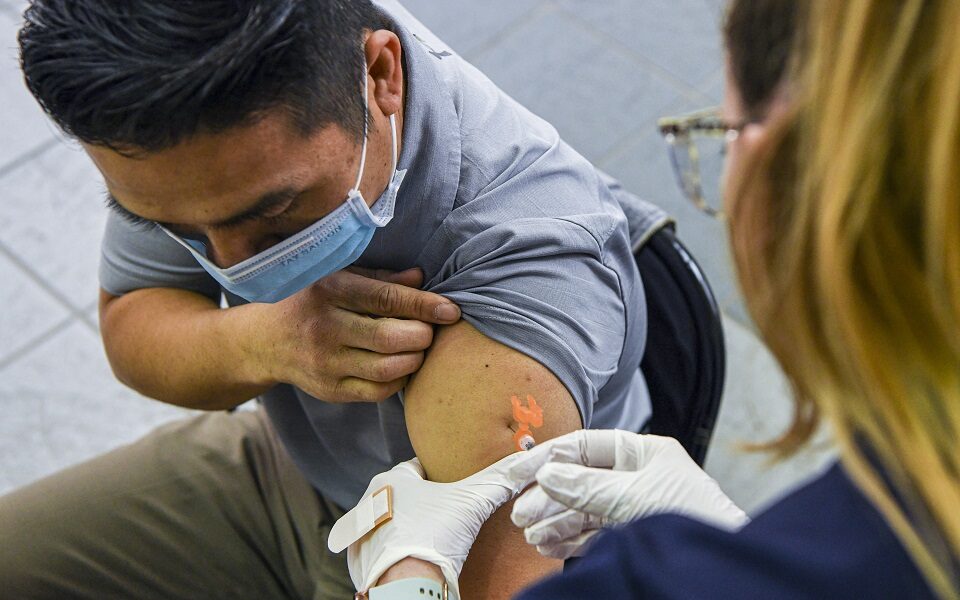What to know about the new Covid booster shots

Two new Covid-19 shots have received the green light from the Food and Drug Administration. The Centers for Disease Control and Prevention is expected to follow up with guidance on eligibility as soon as Tuesday, making the new vaccines from Pfizer-BioNTech and Moderna available as Covid cases continue to rise in some parts of the United States.
Although the numbers of Covid hospitalizations and deaths have slowed over the last year, the virus has evolved and mutated into more than two dozen different variants. Most people’s immunity has also waned.
Less than 20% of Americans got the previous booster — a bivalent shot that arrived last fall and was designed to protect against the original virus as well as omicron subvariants BA.4 and BA.5. And while some parts of our immune system have long memories, the antibodies that help prevent infections decrease significantly in a matter of months.
The reformulated Covid shots can better help fight off the latest set of subvariants circulating in the U.S. Here’s what to know.
How are the new Covid shots different from the last ones?
Unlike the bivalent shots from last fall, the latest mRNA vaccines developed by Pfizer and Moderna are monovalent, meaning they are designed to protect against just one variant: XBB.1.5, a recent descendant of omicron that emerged earlier this year.
While XBB.1.5 is no longer the dominant circulating version, preliminary research has shown that the new jabs should nonetheless offer protection against the variant EG.5, which is currently dominant, as well as other variants that have raised some concern among scientists, such as BA.2.86. Data from a handful of academic labs suggests that patients infected with XBB.1.5 who had yet to receive the vaccine had developed enough neutralizing antibodies to “adequately handle” current versions of the virus, according to Dr. David Ho, a virus researcher at Columbia University. “We believe that would be equivalent to getting the XBB.1.5-based vaccine,” he said.
Vaccine makers Pfizer and Moderna have also announced that, according to their initial research, the new Covid vaccines provide good protection against both EG.5 and BA.2.86. Regulators will also consider a third monovalent shot developed by Novavax against XBB.1.5. The Novavax shot is protein-based, meaning it works differently from an mRNA vaccine.
The new shots do not include protection against the original virus, which may actually help broaden protection against new variants.
“Our immune system, when we have seen something, is biased to seeing that again,” Ho said. “So if you include the original components, the immune system will react mostly to the original component and not to the new version of the virus.” Initial data from preprint studies has suggested that the bivalent formula from last year was no more effective against BA.4 and BA.5 than the original vaccine it replaced because of this so-called “immune imprinting” bias.
Who should get the new Covid booster?
The CDC is set to determine eligibility Tuesday. It seems likely that the new shots will be authorized for everyone 6 months and up, though the rollout may target those at high risk of severe disease first, including people 65 and older as well as those who are immunocompromised or have serious underlying medical conditions.
Can you get the Covid booster and flu shot at the same time?
Yes. Just as they did last year, federal officials plan to urge everyone to get their shots at the same time. Research has shown that the Covid and flu vaccines are safe to get together, as are the flu shot and RSV shot for older adults. There isn’t sufficient data yet on pairing the RSV vaccine with the Covid shot. But experts are hopeful that combining the vaccines will make it easier for more people to get protected, Ho said.
This article originally appeared in The New York Times.






